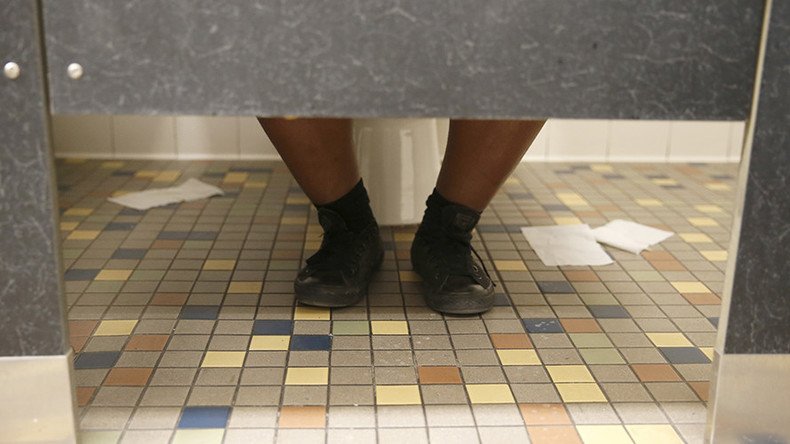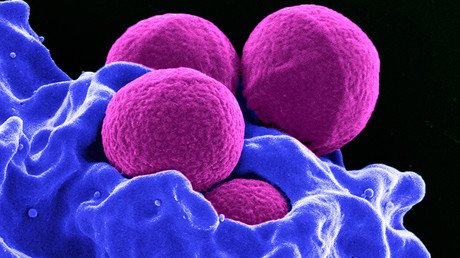Stockholmers’ poop wanted in fight against drug-resistant bacteria

In an unconventional public appeal, Sweden’s health agency (Folkhälsomyndigheten) is asking the people of Stockholm for stool samples – all in the name of science.
The fecal appeal is part of an international study that aims to chart the prevalence of a drug-resistant E. coli bacteria. Corresponding research is being carried out in several other European countries, including Russia, Latvia, Norway and Germany.
The ‘Northern Dimension Antibiotic Resistance Study (NoDars)’project is being undertaken by nine governments, the European Commission and eight international organizations, including the World Health Organisation. The overall project budget is €430,000.
“If common infections are treated with unnecessarily powerful antibiotics it can drive the development and establishment of resistance in the community,” Sofia Ny, microbiologist with at Stockholm’s Karolinska Institutet told SVT.
Sweden’s Public Health Agency is looking for fecal samples from people aged between 18 and 65. A total sample of 250 people will have their feces gathered and analyzed.
READ MORE: Injecting old mice with blood of teenage humans reverses ageing – study
The researchers believe many Swedes carry antibiotic resistant bacteria without knowing it.
“We think there's a growing trend of people who carry the bacteria. And even if we have a good idea of how it looks now, we need new studies to be able to follow developments,” Ny said.













